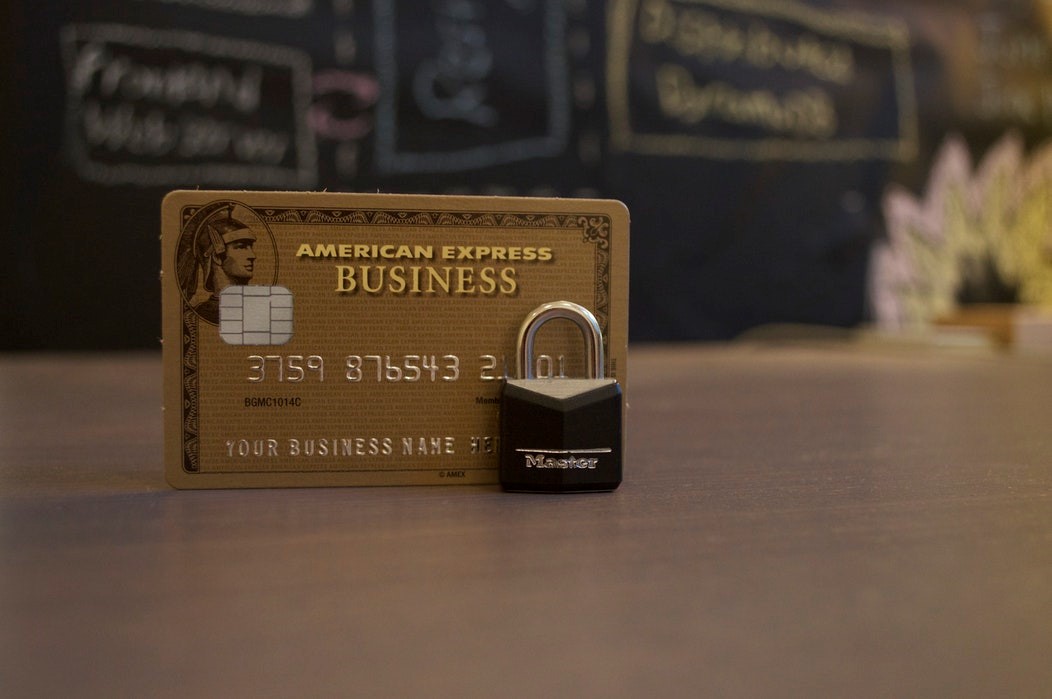There are 28.8 million small businesses operating in America, based on U.S. National Small Business Administration statistics from 2016. While completing an NSBA survey, 27 percent of small business owners reported that they’d failed to get funding when they needed it. This means that 1 in 4 small business owners missed out on accessing credit which might have been utilized to grow their companies. Banks look at small business credit scores from three American credit reporting agencies before they make decisions about whether loans should be granted. If your small business credit score isn’t up to scratch, be sure to use these practical tips. While the process of improving a business credit score won’t happen overnight, it ispossible to make positive changes.
Business Credit Score Facts
These scores may also be referred to as commercial credit scores. They are determined based on repayment histories with suppliers and lenders, the credit obligations of small businesses and any legal filings. Examples of legal filings which may negatively impact a business credit score include bankruptcies, tax liens and judgments. As well, the length of time a company has been in business, the type of business it is and its repayment performance (when compared to similar companies) all play a role in determining business credit scores.
In America, there is a trio of credit scoring companies for businesses and they are Dun and Bradstreet, Equifax and Experian. Each of these credit bureaus has its own scoring process. A small business owner who makes timely payments, avoids legal issues and doesn’t take on a lot of debt will likely have a good credit score with all three credit bureaus, even though the bureaus rely on different methods to calculate business credit scores.
You will need to pay fees to access these credit reports. With personal credit reports, the information is free to access once per year. With business credit reports, the system is different. The cost of getting these reports is an investment in future business growth.
What is a Good Business Credit Score?
Business credit scores go from zero to one hundred. They differ from the personal credit scores, which range between three hundred and eight hundred and fifty. What you want to see on your credit reports is a high score. When a score is higher, it indicates that your small business is making timely payments and meeting other criteria for creditworthiness.
Sometimes, a small business won’t have enough credit history. When this happens, it will be assigned the “9002 credit rating”. In the case of 9002 credit, there just isn’t enough data for the credit reporting agency to work with. Resolving this issue is about building a credit history which moves a business credit score into the zero to one hundred range (hopefully, to the higher end of the scale). To correct this problem, a small business owner should make small purchases monthly on each open account and then pay the balances off. This process will reactivate credit. If a business doesn’t have open accounts, they will need to be established, used and paid off.
Now, let’s talk about what the three big credit bureaus for businesses consider to be good credit scores. Dun & Bradstreet considers eighty to be a good credit score for a business. Experian considers seventy-six to be a good business credit rating. Equifax considers ninety to be a good business credit score. This information should help you to know where your startup or other smaller type of business stands with these important credit bureaus. Knowing your credit score will be the foundation for growing your small business. When you understand what all of these numbers mean, you’ll have a clearer sense of whether or not you’re going to quality for credit from banks or alternative lenders. In general, banks are less likely to approve small business loans, when compared to alternative lenders. However, alternative lenders tend to offer credit to small businesses with poor credit or 9002 credit (no credit history), for higher interest rates.
A lot of alternative lending options are popping up nowadays, including peer-to-peer lending. There are always alternative ways to access credit, beyond the big banks. That being said, you should know that all types of lenders tend to take credit scores into consideration, even if some lenders give them a lot more weight than others.
How to Turn Things Around
As a small business owner, you wear a lot of hats. You’re busy juggling so many different aspects of running your company, from managing inventory to customer care to marketing. This may be why you haven’t had time to work on boosting your firm’s credit score. The good news is that improving your small business credit score doesn’t have to eat up a lot of time, energy or money. There are common-sense steps that you can take which are proven to work.
The first step is to ensure that you’re paying your bills right on time. If you aren’t, you’re hurting your small business credit score. Late payments may put a black mark on your record, particularly if a creditor makes the decision to report your late payment. It’s best to set up a schedule that make it easy to pay bills before the actual due dates. This is the safest way to avoid missing payments. A nice side effect of making timely payments is that your creditors will appreciate them. Your relationships with your creditors will improve.
Don’t Use Too Much Credit
When it comes to using business credit, it’s wise to moderate. If you owe money to myriad creditors and banks, it may damage your credit score. Of course, it’s likely that you need one of two forms of credit to keep your small business alive and thriving. Most small business owners do. The best advice is to make sure that your level of revolving debt is on the low side. When you don’t use too much credit, and keep your overall debt level low, you’ll find that it’s beneficial to your business credit score.
Don’t Close Credit Accounts
If you pay off a credit account, you may decide to close that account. This will be a mistake. Instead of removing the account when the balance gets to zero, you should keep the account active. Removing accounts is linked with lower credit scores. Also, getting rid of an account will limit the amount of credit that you will have access to. You might need that credit at some point in the future.
Review Credit Reports Regularly
A lot of small business owners don’t have a clue what their business credit scores are. Your small business credit score is something that you should be aware of. Since a credit score may fluctuate, it’s smart to review your credit reports periodically. When you’re checking out the reports, look for errors. Mistakes may be bringing down your credit rating. Disputing errors with the credit bureaus is essential.
Get Credit Report Mistakes Fixed
If you find errors, you may begin the process of getting them corrected. You may do so by contacting the credit bureaus via snail mail. Each letter that you send out should include a copy of your credit report. Circle the error and then add a short explanation of why you think the credit entry is inaccurate. If it’s appropriate, include the correct data. If you have supporting documents which strengthen your case, include them with your letter, which should be sent out via certified mail. The credit bureaus have a legal obligation to investigate such disputes.
Small Business Owners Need Credit
Without credit, small business owners find it hard to cover operating expenses. As well, they struggle to grow their businesses. Boosting a business credit score opens the door to credit from banks or alternative lenders. This is why it’s well worth taking the right steps to improve a business credit rating.
When you improve your business credit score, you’ll be in line to access credit which may be used to augment your business’ cash flow. It may also be used to finance the purchase of new equipment or the hiring new staff. Another option is to use your new credit to outsource SEO (search engine optimization) and SEM (search engine marketing) and/or content creation.
Whether you desperately need cash in order to make payroll (and make payments to vendors and suppliers), or want cash for the purpose of growing your company into a veritable empire, you will need to pay attention to your business credit score and make it the best that it can be. Business growth is fueled by credit and credit is much easier to get with a high business credit score.
Now that you know the drill, you’ll be ready to take the right steps. When you are conscientious about making on-time payments, review your credit reports regularly and take steps to dispute any inaccuracies, while also keeping your usage of credit (and general debt level) low, you’ll be doing the right things. You’ve probably heard the phrase, “putting good credit after bad”. This is what you need to do.
Suggested image attribution URLs: https://unsplash.com/photos/x8i6FfaZAbs & https://unsplash.com/photos/QiESeyAOOyA





